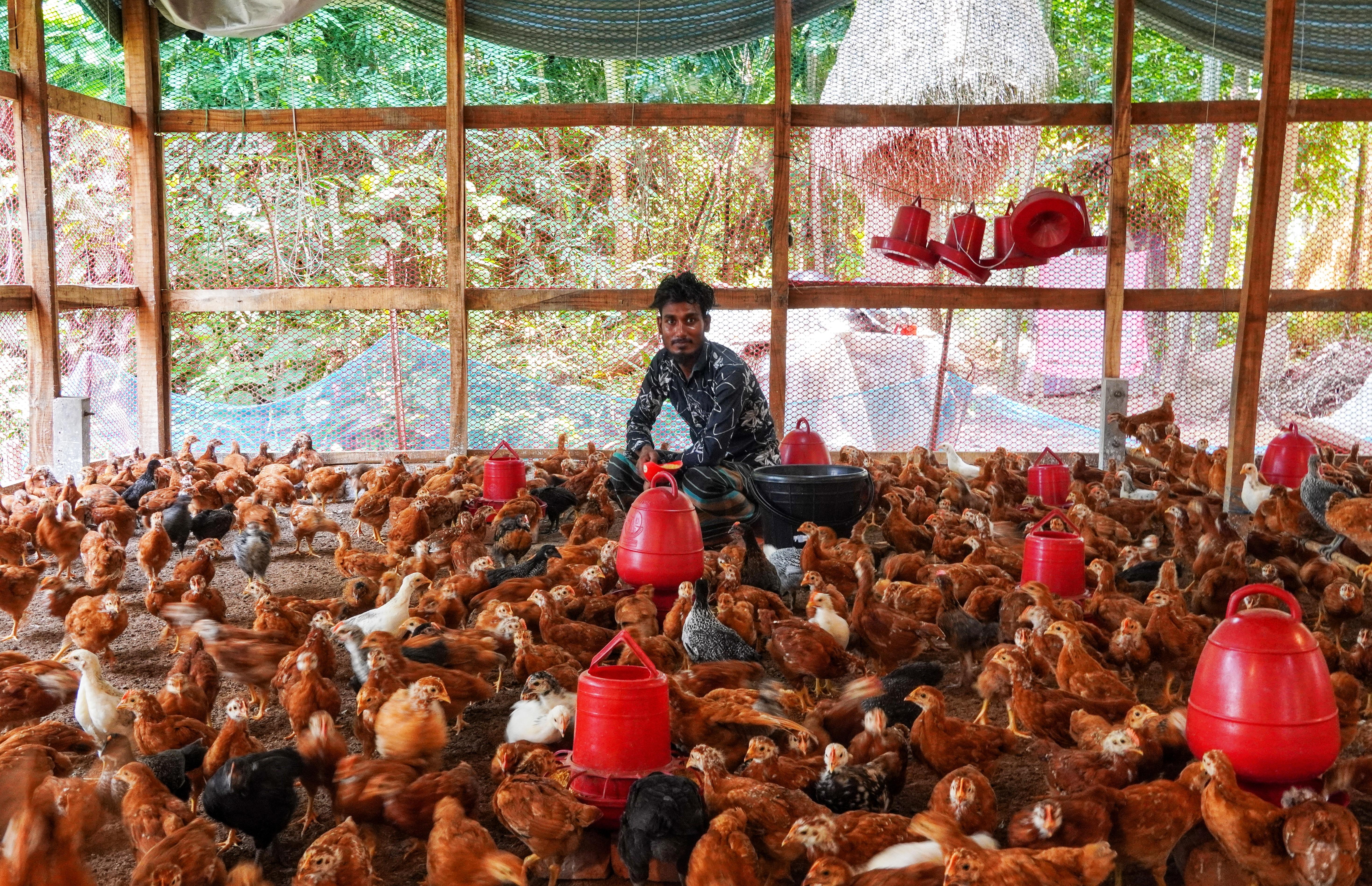Project Overview
Duration: 5 years
Budget: 26.24 million USD
Period: April 2003 to 2008
Funding: The World Bank and the Government of Bangladesh (GoB)
Client & Country of Assignment: Financial Institutions Division, Ministry of Finance, Bangladesh.
Role on Assignment: Lead Implementer on behalf of the Financial Institutions Division, Ministry of Finance, Bangladesh.

Captured onthe sight of The Social Investment Program Project.
The Social Investment Program Project (SIPP), along with its additional financing for the consolidation phase, was a pioneering initiative implemented by the Social Development Foundation (SDF) under the Financial Institutions Division of the Ministry of Finance, Bangladesh. The five-year project ran from April 2003 to 2008 with a total budget of USD 26.24 million, funded by the World Bank and the Government of Bangladesh.
SIPP aimed to alleviate poverty, empower communities, and promote sustainable development across 900 villages in the Gaibandha and Jamalpur districts, covering 14 Upazilas. The core objective was to strengthen the capacities of poor communities through participatory decision-making, financial empowerment, and skill development, while ensuring access to essential resources and services that fostered long-term resilience and economic growth.
Achievements
Community Empowerment through Gram Samity Groups
A key feature of the project was the formation and empowerment of Gram Samity groups—village organizations that represented the interests of the local poor, especially the Hardcore Poor (HCP) and disadvantaged groups. About 60% of these groups successfully accessed the Village Development Fund (VDF) and adhered to project guidelines, enabling them to undertake community-driven initiatives that improved local infrastructure, health, education services, and livelihood opportunities. These organizations promoted democratic decision-making within communities, ensuring that development activities were inclusive, transparent, and responsive to the needs of the most marginalized.
Income Generation through Jibikayan Groups
Another notable achievement was the establishment of Jibikayan Groups, which focused on income-generating activities and savings mobilization for the Hardcore Poor, poor households, and youth. Approximately 60% of the HCP, poor, and youth engaged in these groups accessed the Livelihood Assistance Fund (LAF), which provided the financial resources necessary to start or scale up income-generating activities (IGAs) or secure employment. This support helped thousands of individuals break the cycle of poverty, improving their economic self-sufficiency and increasing household incomes.
Financial Literacy and Savings Culture
The project fostered a culture of saving within the Jibikayan Groups, building financial literacy and establishing a foundation for long-term financial stability among the most vulnerable community members.
By focusing on participatory decision-making, financial empowerment, and skill development, the Social Investment Program Project (SIPP) made a significant impact on poverty reduction and sustainable development in the target communities. It laid a strong foundation for long-term growth and resilience, contributing to the overall well-being of the rural poor in Bangladesh.

